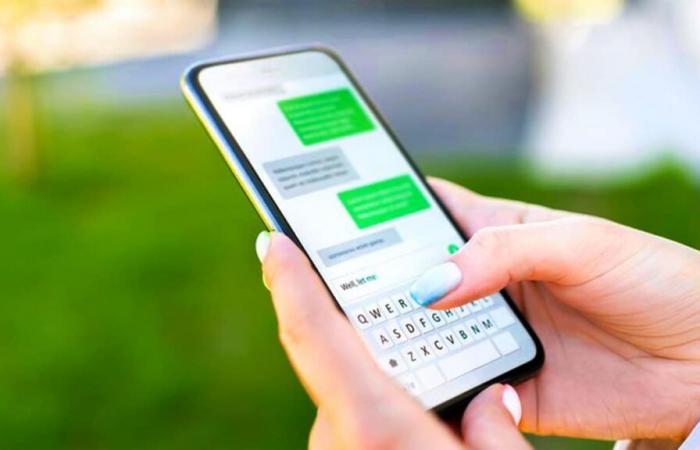Since the 1990s, texting has been at the heart of our daily interactions. But their era is coming to an end. In fact, these messages will gradually be replaced by more efficient technology and adapted to current needs
The end of texting
The very first text message was sent on December 22, 1992, a simple “Merry Christmas” sent by British developer Neil Papworth to his colleague Richard Jarvis. An innovation that has transformed the way we communicate.
In fact, it offered for the first time a quick, written and direct way to exchange messages. For almost two decades, SMS reigned without a master. On the other hand, its limits very quickly emerged.
With a maximum capacity of 160 characters and the lack of modern features like sending media files or location sharing, it couldn't compete with apps like WhatsApp, Messenger, or Viber.
To read
10 bottled waters in France contaminated with microplastics, a new study raises the alarm
These continue to evolve over time. They have clearly defined user expectations. Déosmrias, the SMS, although still used, gradually falling into oblivion.
Rich Communication Services (RCS) represent the natural evolution of SMS. They emerged to meet the needs of users. In addition, know that they clearly offer a range of modern features.
They offer enriched messages. There is no longer any character limit for sending documents, images and videos. Conversations are more dynamic thanks to group discussions, interactive responses and action buttons.
A major step forward
Users can also share their location in real time. This is a major asset for practical exchanges. Unlike SMS, which used an outdated protocol, RCS work via the Internet.
-This is what brings them closer to current messaging applications. For users, this means a smooth, rich experience built right into their phone. RCS already remains available on many Android phones.
To read
This famous clothing brand in France in turmoil: its uncertain future
On the other hand, iPhone users will have to wait. Apple, faithful to its own ecosystem, plans to adopt this technology during the year 2025, according to sources reported by L'Internaute.
This delayed adoption reflects Apple's strategy, which favors iMessage. On the other hand, the Californian giant will inevitably have to follow the global trend. On the operator side, the integration of RCS is not yet universal.
If some like SFR or Bouygues Telecom have already taken the plunge, others, notably Orange, La Poste Mobile and Lyca Mobile, have not yet activated this functionality. But experts agree that this migration remains inevitable and should not take long.
The end of SMS still marks a major transition in the history of telecommunications. With RCS, users will benefit from an enriched experience capable of rivaling the best messaging applications.
If the SMS gradually disappears, his legacy remains undeniable. Especially since it is still used by certain people.






